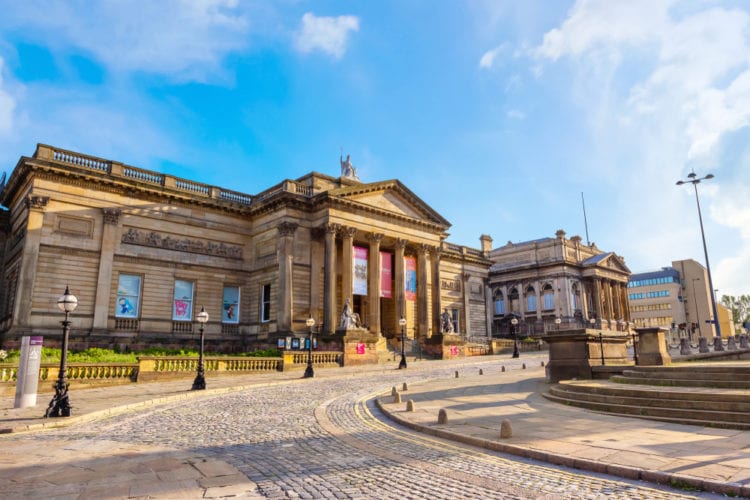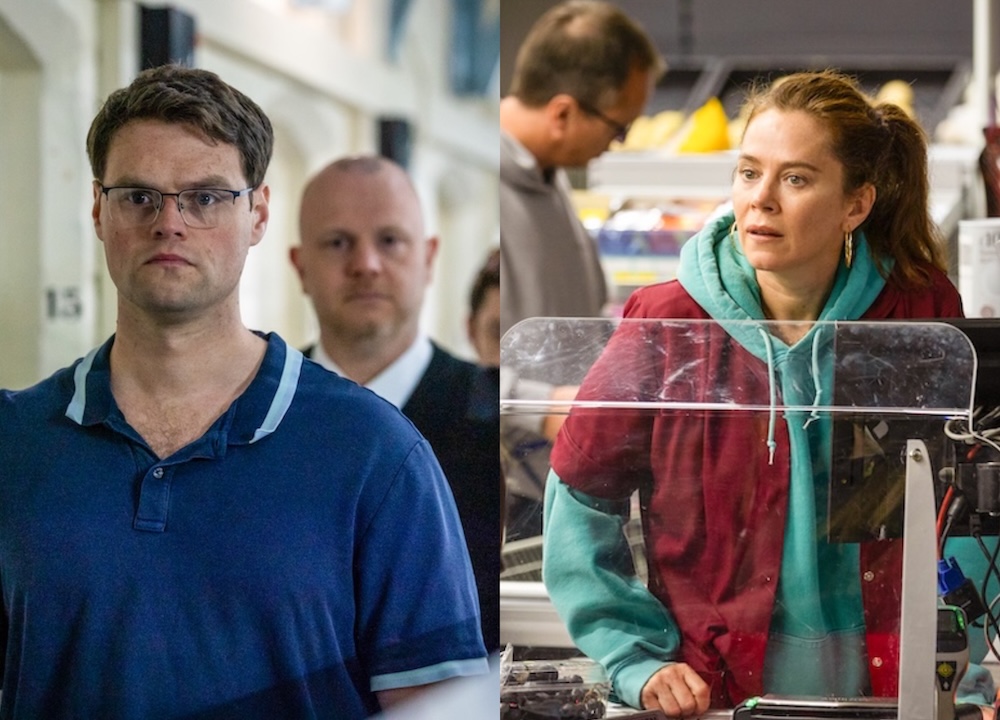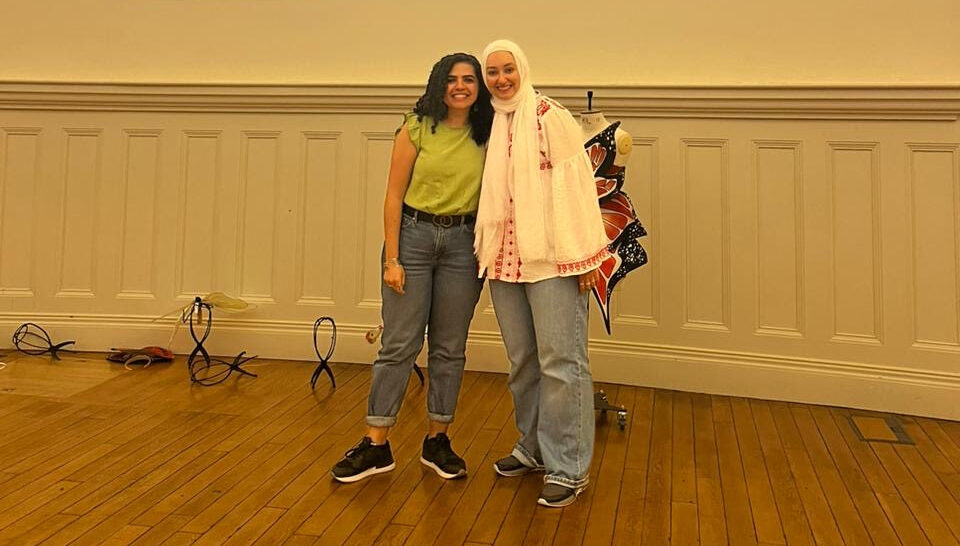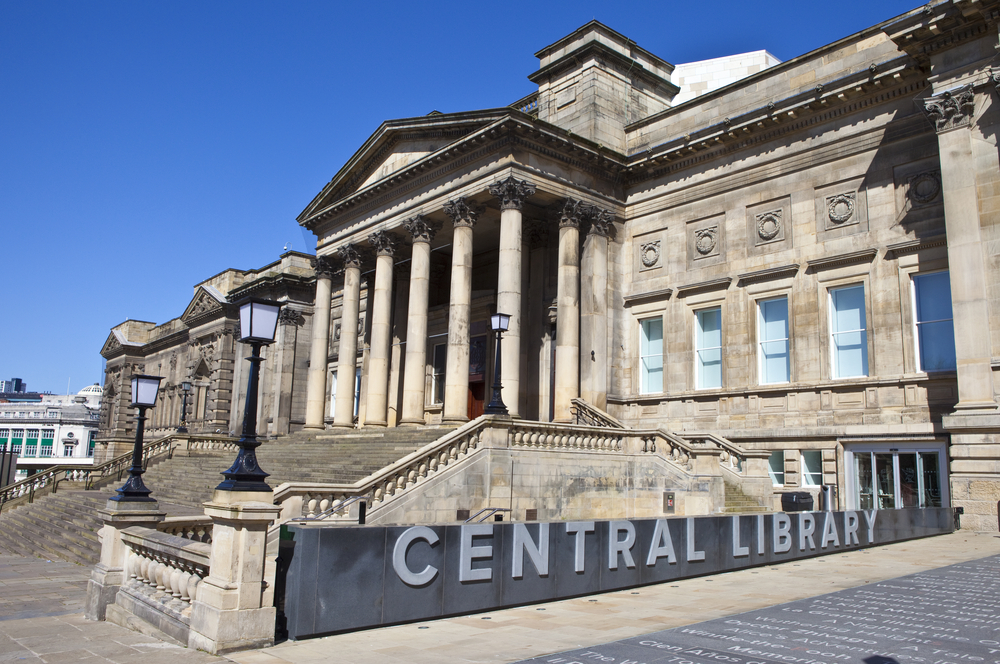
Culture
20 boss things Liverpool did first
6 years ago

We’re never short of something to talk about in Liverpool, and looking at this lot, we never have been.
Pioneering, inspiring, and continually ahead of the pack, prepare to be prouder than ever of Liverpool with this list of world and UK firsts.
1 – World Shipping Trade
In 1715, Thomas Steer’s Dock opened on the River Mersey as the first ever commercial wet dock. This dock accommodated up to 100 ships, paving the way for Liverpool as a world leading trading port.
2 – Libraries
When it opened in 1758, the Lyceum on Bold Street was the first subscription library in England.
3 – Animal Welfare
The RSPCA was founded in a coffee house on Bold Street in October 1809. Founded as a ‘society for the suppression of Wanton Cruelty to Brute Animals,’ the RSPCA Liverpool Branch is now the oldest animal charity in the world.
4 – Chess Clubs
England’s oldest chess club was formed in Liverpool in 1857.
5 – The Olympics
Liverpool held an annual Grand Olympic Festival from 1862-1867, devised by John Hulley and Charles Melly. The programme for the first Olympiad in Athens in 1896 was almost identical to that of their Liverpool Olympics.
6 – Skyscrapers
In 1964, the world’s first iron-framed, curtain-walled office building, otherwise known as Water Street’s Grade I listed Oriel Chambers, became the prototype of the skyscraper built by architect Peter Ellis.
7 – Cycling clubs
Britain’s first cycling club The Liverpool Velocipedes was formed in 1867.
8 – Department stores
These days it’s better known as M&S on Church Street, but in 1867, Compton House was not only the UK’s first purpose-built department store, but the world’s largest store.
9 – Art Galleries
In 1877, the Walker Art Gallery became the first British public art gallery.
10 – Child Welfare
On a trip to NYC in 1881, Liverpool businessman Thomas Agnew was inspired by the New York Society for the Prevention of Cruelty to Children. In 1883, he brought similar help to Liverpool children, setting up the Liverpool Society for the Prevention of Cruelty to Children (LSPCC). This led to the London Society for the Prevention of Cruelty to Children, now known as the National Society for the Prevention of Cruelty to Children – or NSPCC.
11 – Equal Education
Founded in 1844, Blackburne House was England’s first girl’s day grammar school.
12 – Footie nets
In 1890, Liverpool engineer, John Brodie, invented the football net. Come in pretty useful, haven’t they?
13 – Posh Railways
Opened in Liverpool in 1893, the world’s first overhead railway was also the first to use automatic and electric colour light signals, and had the first escalator at a railway station.
14 – Tropical Medicine
When it opened in 1899, Liverpool’s School of Tropical Medicine was the first in Britain. The school was founded by shipowner Sir Alfred Lewis Jones – who introduced the banana to the UK.
15 – The Nobel Prize
In 1902, Britain’s Nobel Prize was awarded to Professor Ronald Ross at the Liverpool School of Tropical Medicine, on the basis that Ross had ‘conferred the greatest benefit on mankind’ when he discovered malaria was contracted by mosquito bites.
16 – Crosswords
Liverpool’s Arthur Wynne produced the world’s first crossword puzzle, published in leading newspaper New York World in 1913.
17 – Surgery
In 1946 Thomas Cecil Gray’s pioneering research into anaesthetics became a major factor in the development of modern surgery, including the career of Liverpool resident Hugh Owen Thomas, who pioneered orthopaedic surgery using Gray’s techniques.
18 – Helicopter Flights
The world’s first scheduled passenger helicopter service ran from Liverpool to Cardiff between June 1950-1951.
19 – Female chart toppers
In 1953, Scouser Lita Roza was the first woman to top the UK singles chart with How Much is that Doggy in the Window?
20 – Become officially boss
In 1999, Liverpool was the first city outside London to receive English Heritage blue plaques for the “significant contribution made by its sons and daughters in all walks of life.” No wonder, hey?









 Subscribe
Subscribe Follow Us
Follow Us Follow Us
Follow Us Follow Us
Follow Us Follow Us
Follow Us Follow Us
Follow Us











